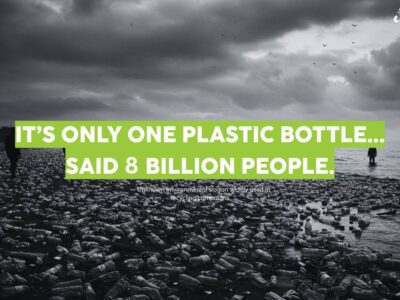What the Administration Failed to Learn from Past Disasters
There are some basic rules about how to respond to emergencies. They were ignored.
An epidemic and a hurricane require different responses. But the organizational challenge of confronting an emergency is a constant. Here are some basic rules the Trump Administration failed to heed.
- Ensure in advance that sufficient supplies will be quickly available. When Hurricane Katrina hit, the government did have supplies, but they were located hundreds of miles away. The government learned a lesson from that and prepositioned supplies before later hurricanes made landfall. We’re actually worse off this time, since we actually don’t have critical supplies at all. The reasons that we didn’t end up with enough test kits seem complicated, but it’s hard to see any excuse for failure to obtain supplies such ventilators, masks, and gowns.
- You have to have surge capacity. You need sufficient capacity before a disaster hits, enough available human and physical resources to deal with a urgent needs. That requires excess capacity. If you’re super-efficient and have just enough to people to handle a normal day, you’re in big trouble when an abnormal day hits. In contrast, Trump has said he thought it was o.k. to cut CDC’s budget because if there was an emergency, you could always hire more people. It doesn’t work like that.
- Coordination with state and local officials is crucial. The federal government does not have the capacity to take the lead role at ground zero of a disaster. One big problem after Hurricane Katrina was the poor coordination between Louisiana officials and the Feds, partly due to friction between President Bush and the governor. In a similar vein, rather than working side-by-side with the governors of states with the highest virus infection rates, like Jay Inslee and Andrew Cuomo, Trump has gone out of his way to insult them.
- Honesty is essential. Trust may be impossible to regain. We saw this in Japan after the 2011 tsunami. The national government tried to prevent panic by minimizing the potential risks of the Fukushima reactor meltdowns. After the public found out, they never believed anything the government said, even when the government was actually being entirely truthful. Trump’s various statements about how the virus has been contained and is not a serious problem will make it hard for many people to rely on government information.
Some of these problems like lack of supplies will continue to haunt us, but we should be able to eventually get the supplies we need. Creating bridges between the Administration and Democratic state governors may be harder, as will regaining public trust. We all need to hope that the Administration realizes these needs and addresses them energetically.
In terms of this Administration, many of the problems are symptomatic of a larger issue. As I wrote in early 2019: “It has been said that a thin blue line of police protects us from the worst elements of society. But it is a thin gray line of underpaid, overworked, anonymous bureaucrats who protect society against more insidious risks — risks ranging from nuclear contamination to climate change to unsafe food.” Even before Trump’s inauguration, as Michael Lewis describes in his book The Fifth Risk, the Trump’s team made clear its contempt for these people and its lack of interest in their work. We are now all paying the price.







Reader Comments